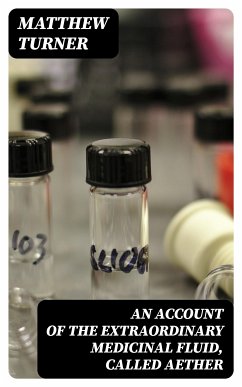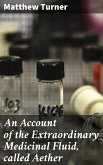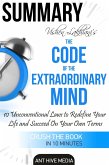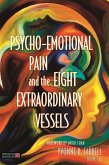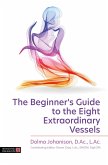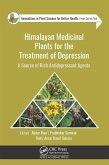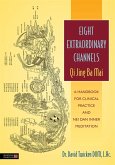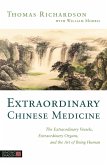In "An Account of the Extraordinary Medicinal Fluid, called Aether," Matthew Turner explores the enigmatic substance known as aether, historically associated with a range of medicinal properties. This work is characterized by its detailed empirical observations and speculative inquiries, situated within the broader context of early modern science, which straddled mysticism and emerging empirical methodologies. Turner adopts a blend of didactic prose and accessible storytelling, engaging the reader with not only the scientific inquiries of his time but also the philosophical implications of aether's medicinal uses, reflecting the era's profound curiosity about the natural world. Matthew Turner, an early modern polymath, was deeply influenced by the scientific renaissance of his period, where traditional medicine was being challenged by experimental, observation-based practices. His diverse academic background in both the sciences and philosophy likely informed his fascination with aether, a topic that bridges the divide between ancient theories and contemporary scientific thought. Turner's exposure to various medicinal practices afforded him a unique perspective, allowing him to critically assess the claims surrounding aether and its purported benefits. Readers interested in the history of science, medicine, or philosophical discourse will find Turner's work both enlightening and thought-provoking. "An Account of the Extraordinary Medicinal Fluid, called Aether" serves not only as a historical document but also as a reflection on humanity's enduring quest for understanding the unseen forces that interplay with our health and well-being.
Dieser Download kann aus rechtlichen Gründen nur mit Rechnungsadresse in A, B, BG, CY, CZ, D, DK, EW, E, FIN, F, GR, H, IRL, I, LT, L, LR, M, NL, PL, P, R, S, SLO, SK ausgeliefert werden.

